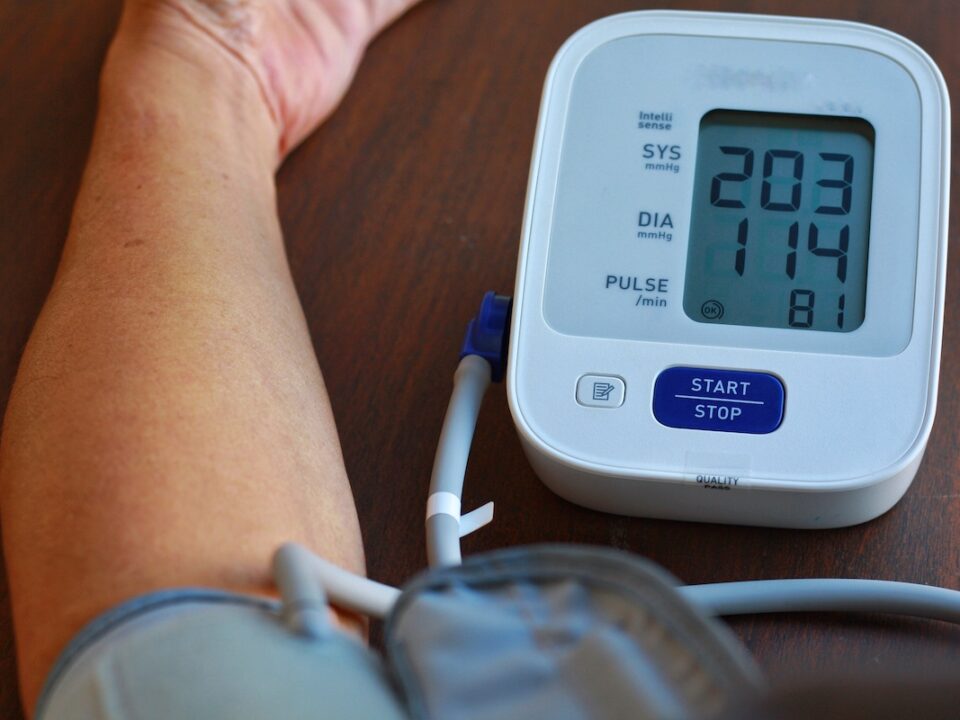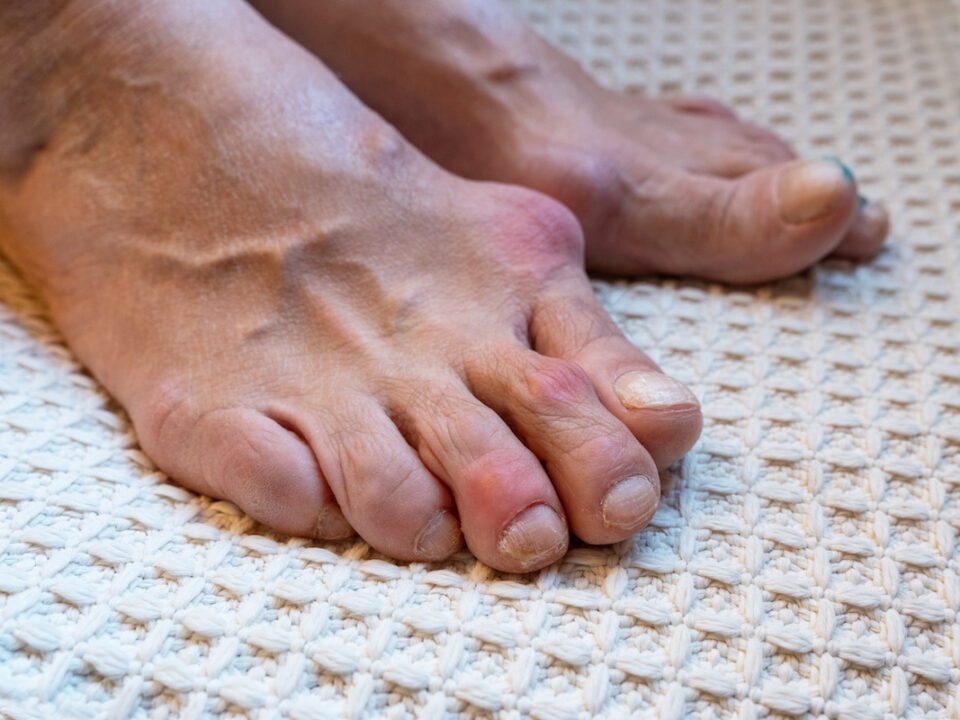How to Keep Your Kidneys Healthy
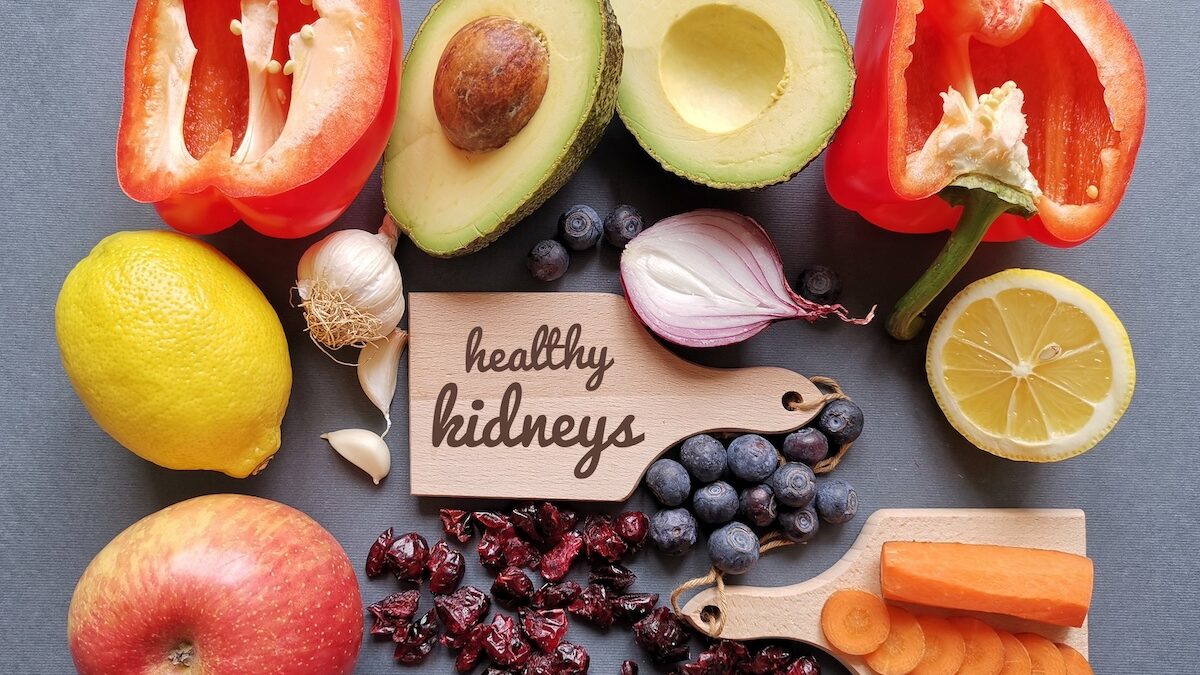
Much like heart disease, ailing kidneys typically do not show warning signs of a problem, which is why it is important to keep your kidneys healthy. Even when the kidneys do give early indication of a problem, most people confuse these symptoms with other less serious health concerns such as muscle pain. If you ignore early signs, you risk severe damage to the kidneys–and often other organs. Let’s learn more about the kidneys and how to keep them healthy.
Don’t Stress Your Kidneys!
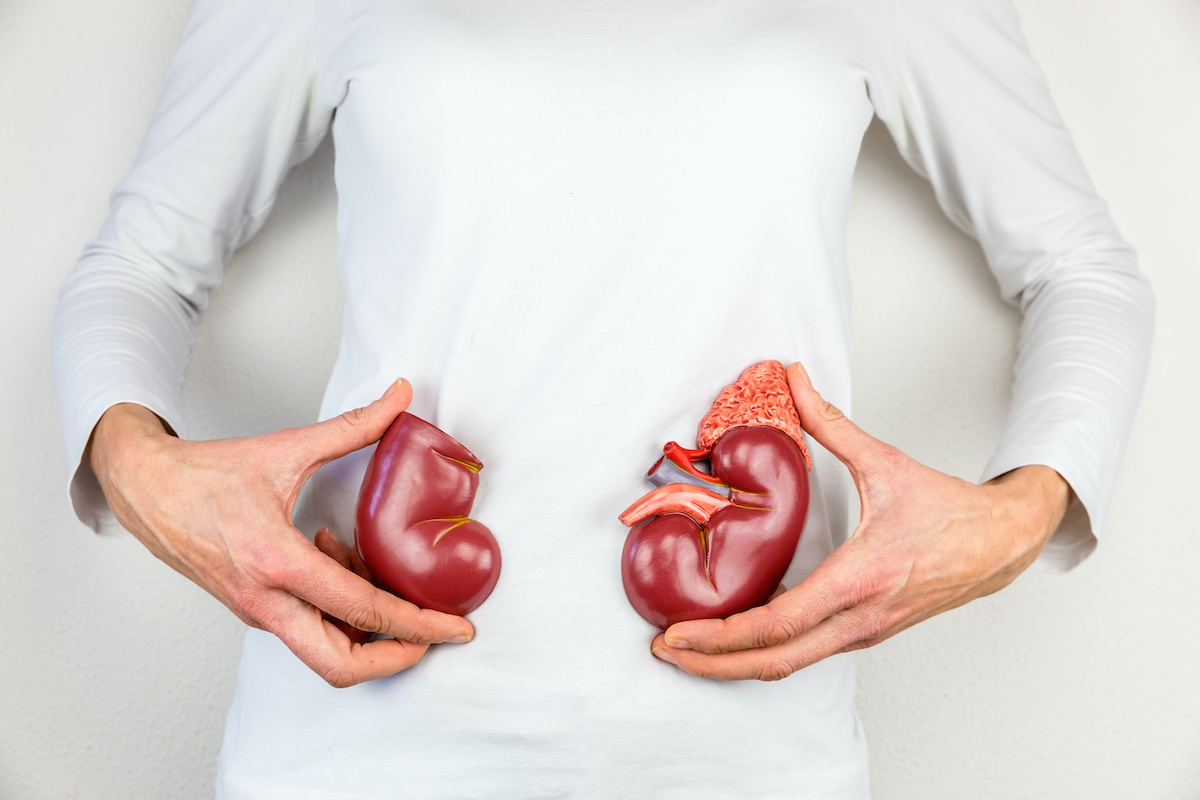 In our previous blog post, “Is a High Protein Diet Damaging Your Kidneys,” we learned about the 8 functions the kidneys perform for the body and how a diet that is too high in protein can stress the kidneys resulting in kidney disease or even kidney failure. In this post we will
In our previous blog post, “Is a High Protein Diet Damaging Your Kidneys,” we learned about the 8 functions the kidneys perform for the body and how a diet that is too high in protein can stress the kidneys resulting in kidney disease or even kidney failure. In this post we will
- Recap the jobs the kidneys perform
- Learn about symptoms of and common types of kidney disease
- Show you easy ways to keep your kidneys healthy
The Jobs the Kidneys Perform in the Body
 The kidneys do much more than just remove waste from the body via the urinary system. Outside the urinary system, the kidneys have 8 crucial jobs that affect the healthy function of many other organs in the body, especially the heart.
The kidneys do much more than just remove waste from the body via the urinary system. Outside the urinary system, the kidneys have 8 crucial jobs that affect the healthy function of many other organs in the body, especially the heart.
- Regulate the body’s fluid levels to maintain homeostasis (internal body balance)
- Reabsorption of nutrients to maintain homeostasis
- Filter wastes (urea and uric acid) and toxins from the blood
- Release a hormone that regulates blood pressure
- Regulate electrolyte-water balance (sodium, potassium, magnesium, other minerals)
- Maintain acceptable body pH level (7.35- 7.45)
- Activate vitamin D to maintain healthy bones
- Release the hormone that directs production of red blood cells
Signs that Indicate Kidney Dysfunction
 Because symptoms of kidney dysfunction and disease can be misleading, it’s important to pay attention to both vague symptoms and specific problems with urination that you’re experiencing. Don’t wait until your symptoms get too painful to cope with…see your doctor at the start of symptoms such as these:
Because symptoms of kidney dysfunction and disease can be misleading, it’s important to pay attention to both vague symptoms and specific problems with urination that you’re experiencing. Don’t wait until your symptoms get too painful to cope with…see your doctor at the start of symptoms such as these:
- Fatigue, weakness
- Pain in the lower back that may wrap around your side
- Increased thirst
- Puffy eyes and face; swelling in hands, abdomen, ankles, feet
- Shortness of breath
- Increased need to urinate (especially at night)
- Difficult, painful urination or foamy urine
- Pink, dark urine (blood in urine)
Are You at Risk for Kidney Disease?
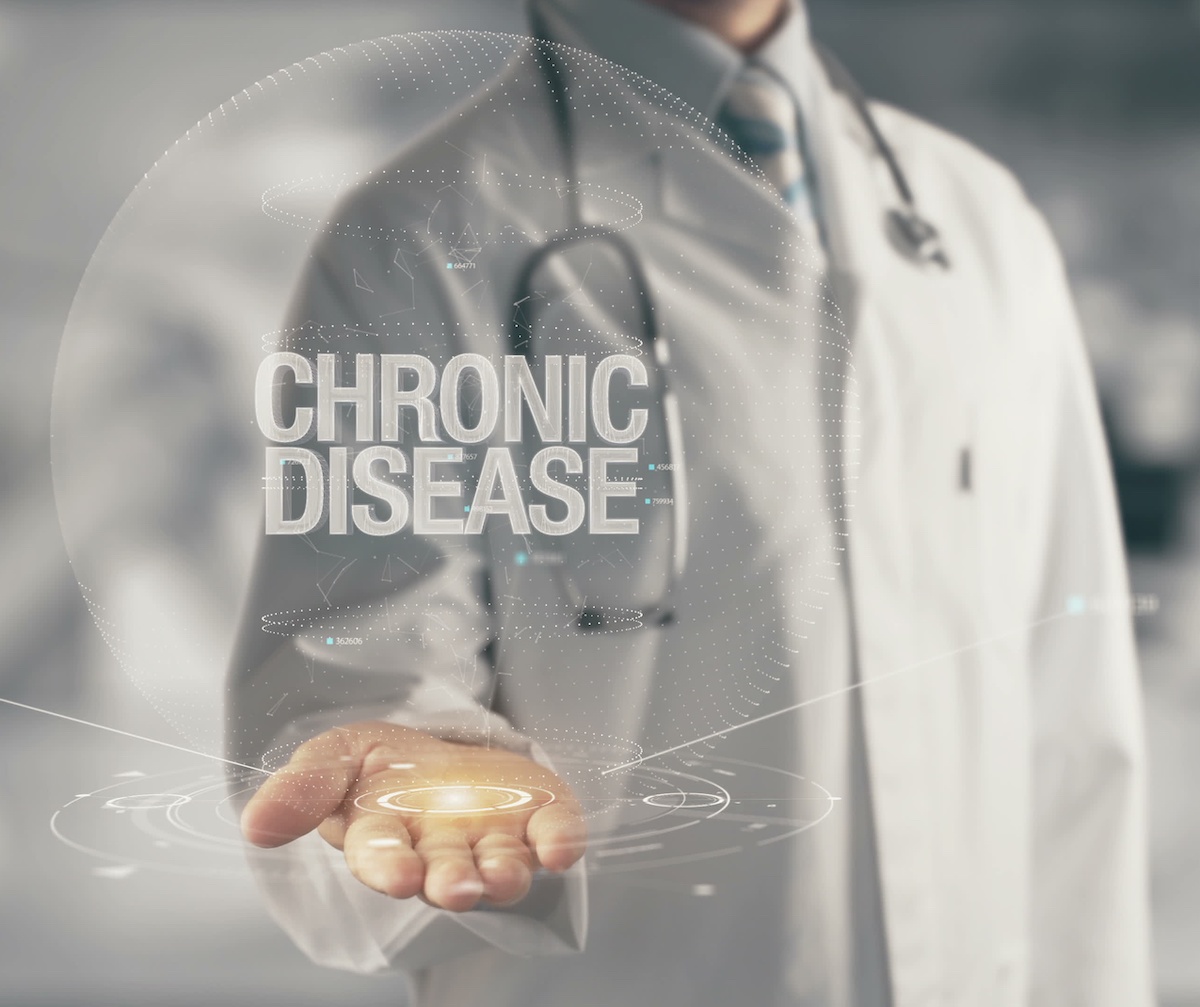 Several known risk factors for kidney disease include older age (60+ years ), diabetes, high blood pressure, heart disease, overuse of prescription medicines, and obesity. Additionally, long-term overconsumption of dietary protein may contribute to risk for kidney disease. Kidney problems and advanced kidney disease has increasingly affected children, athletes, and younger adults–not just the elderly. Whether you or immediate family members have these other conditions can increase your risk for kidney disease.
Several known risk factors for kidney disease include older age (60+ years ), diabetes, high blood pressure, heart disease, overuse of prescription medicines, and obesity. Additionally, long-term overconsumption of dietary protein may contribute to risk for kidney disease. Kidney problems and advanced kidney disease has increasingly affected children, athletes, and younger adults–not just the elderly. Whether you or immediate family members have these other conditions can increase your risk for kidney disease.
Types of Kidney Disease
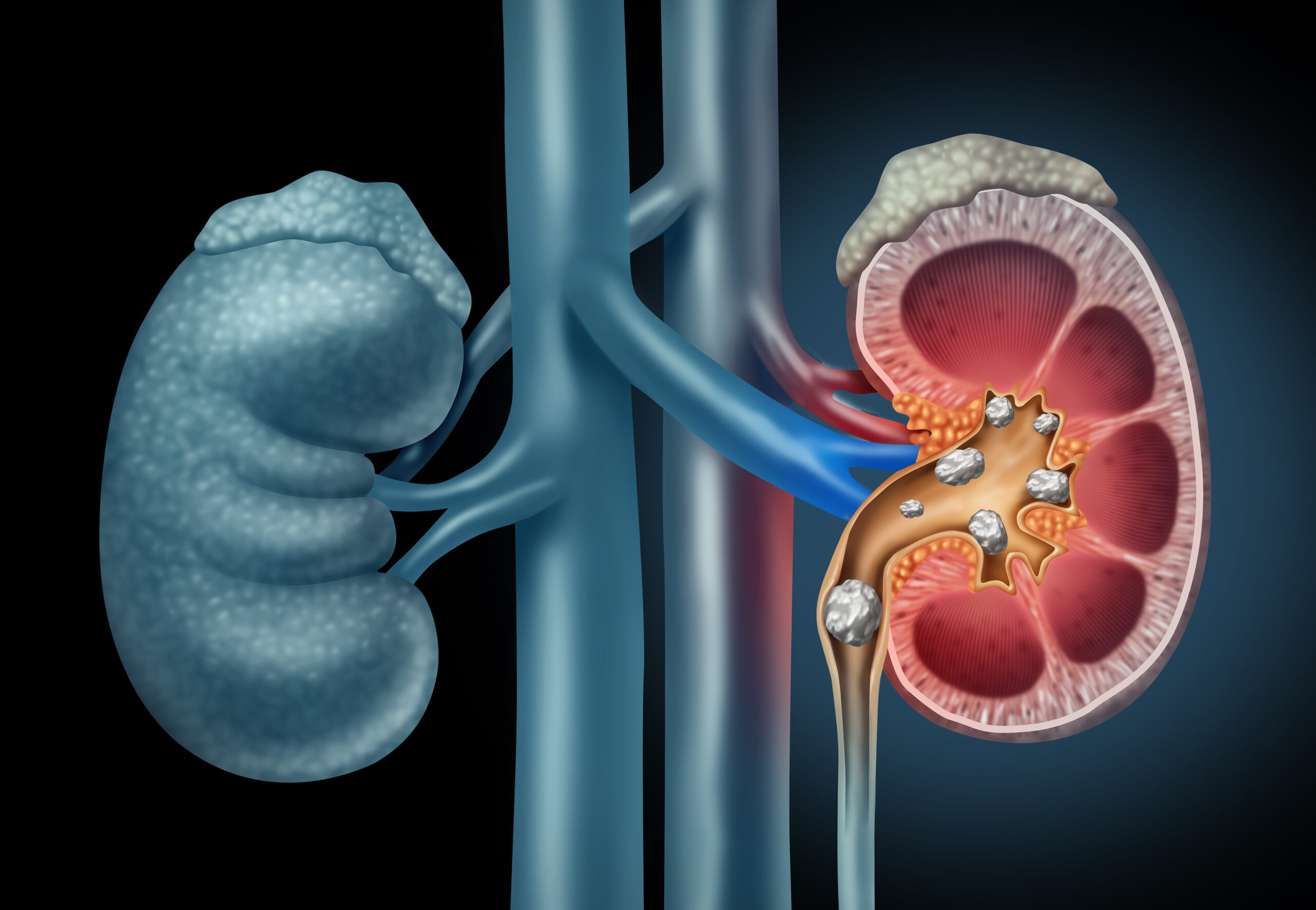 There are a few types of kidney disease and various levels of severity. To make things simpler, we’re not explaining the medical details but giving an overview. If you’d like to know more about specific types of kidney diseases, chronic and acute kidney disease, visit this resource.
There are a few types of kidney disease and various levels of severity. To make things simpler, we’re not explaining the medical details but giving an overview. If you’d like to know more about specific types of kidney diseases, chronic and acute kidney disease, visit this resource.
Kidney infection
Cause: bacteria in the bladder that moves into the kidneys.
Symptoms: low back pain, painful urination, and sometimes fever. Changes in the urine may include the presence of blood, cloudiness, and a different odor.
Notes: Kidney infection is more common in women than in men. Pregnant women are at an increased risk.Can become a chronic health condition that diminishes kidney function.
Kidney stones
Cause: form as a solid build-up of minerals in the kidney, causing intense pain. If the stones block the ureter, there will be other problems with urinary function and infection.
Symptoms: Pain in the abdomen/low back, pain with urination
Kidney (renal) failure aka End Stage Renal Disease (ESRD)
 The kidneys become unable to effectively filter out waste products from the blood. This can happen over time (chronic) or suddenly (acute). It is life threatening.
The kidneys become unable to effectively filter out waste products from the blood. This can happen over time (chronic) or suddenly (acute). It is life threatening.
If disease has severely impaired kidney function then dialysis might be an option. Kidney dialysis aims to complete the primary functions of a healthy kidney, including removal of waste, excess salt, and water; maintaining the body’s balance of minerals and electrolytes; and maintaining blood pressure. Dialysis is only used for end-stage kidney failure where 85 to 90% of kidney function is lost.
Tips to Keep Kidneys Healthy
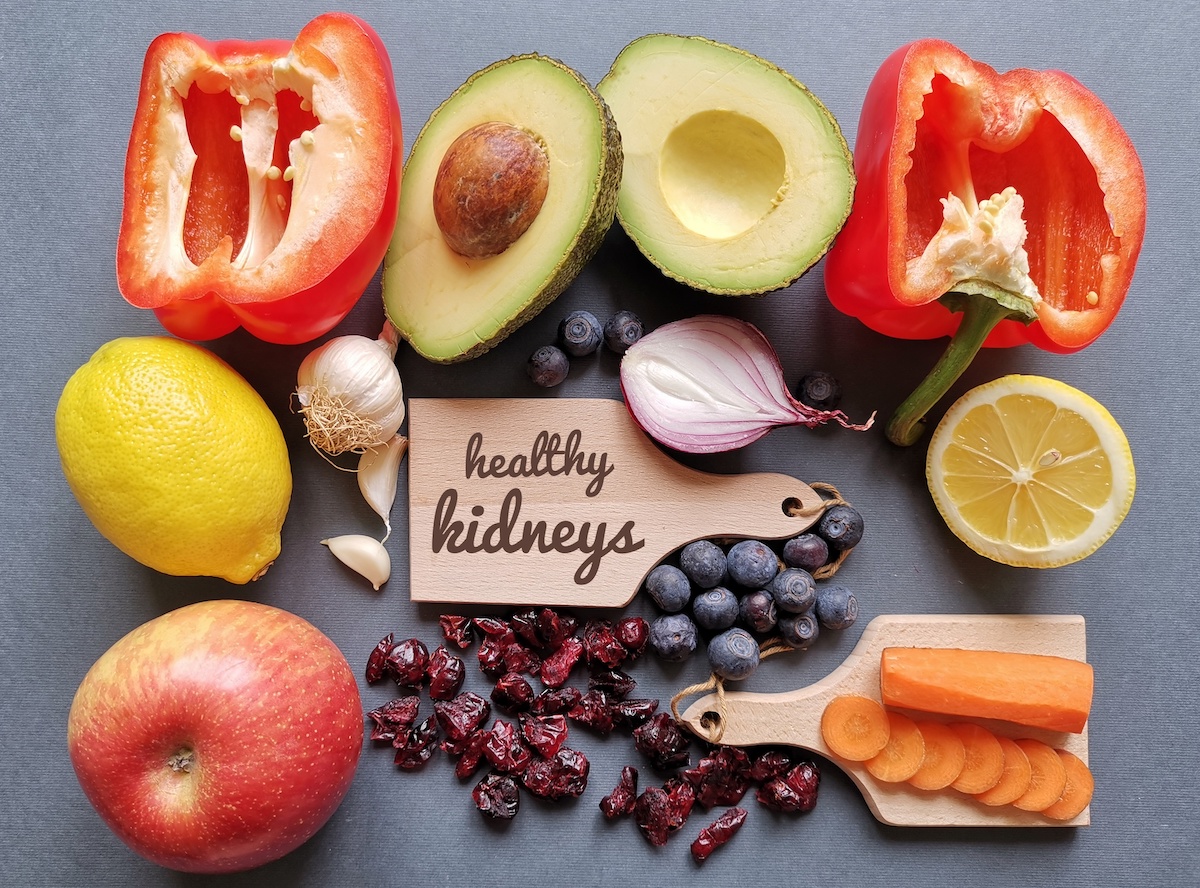 If you don’t have a family history or other risk factors for kidney disease, that’s great ! To keep your kidneys healthy and working strong for your body, follow these tips:
If you don’t have a family history or other risk factors for kidney disease, that’s great ! To keep your kidneys healthy and working strong for your body, follow these tips:
Eat a Balanced Diet. Eat the optimal amount of protein for your age and activity level. This means your diet is in balance by including lots of fresh whole foods, lean poultry/meat, whole grains and limited sugar/processed food.
Work Your Body. Exercising for 30 minutes every day can reduce the risk of high blood pressure and obesity, both of which put pressure on kidney health.
Get Plenty of H20. Fluid intake is important, especially water. In general, the guidelines are to drink half your body weight (in pounds) in ounces of water per day to help improve and maintain kidney health. (If you weigh 120 lbs, drink 60 ounces of water.) Some people have medical conditions or are on medications that change this guideline. Discuss this with your holistic doctor.

Moderate Use of Alcohol. Consuming more than one drink per day can harm the kidneys and impair renal function.
Give up Nicotine. Tobacco restricts blood vessels. Without an adequate blood supply, the kidneys will not be able to complete their normal work.
If you have risk factors for kidney disease or are concerned about early warning signs, speak with a physician. They will guide you on proper testing, dietary, and lifestyle changes that could save your life.
Exceptional Primary Medical Care
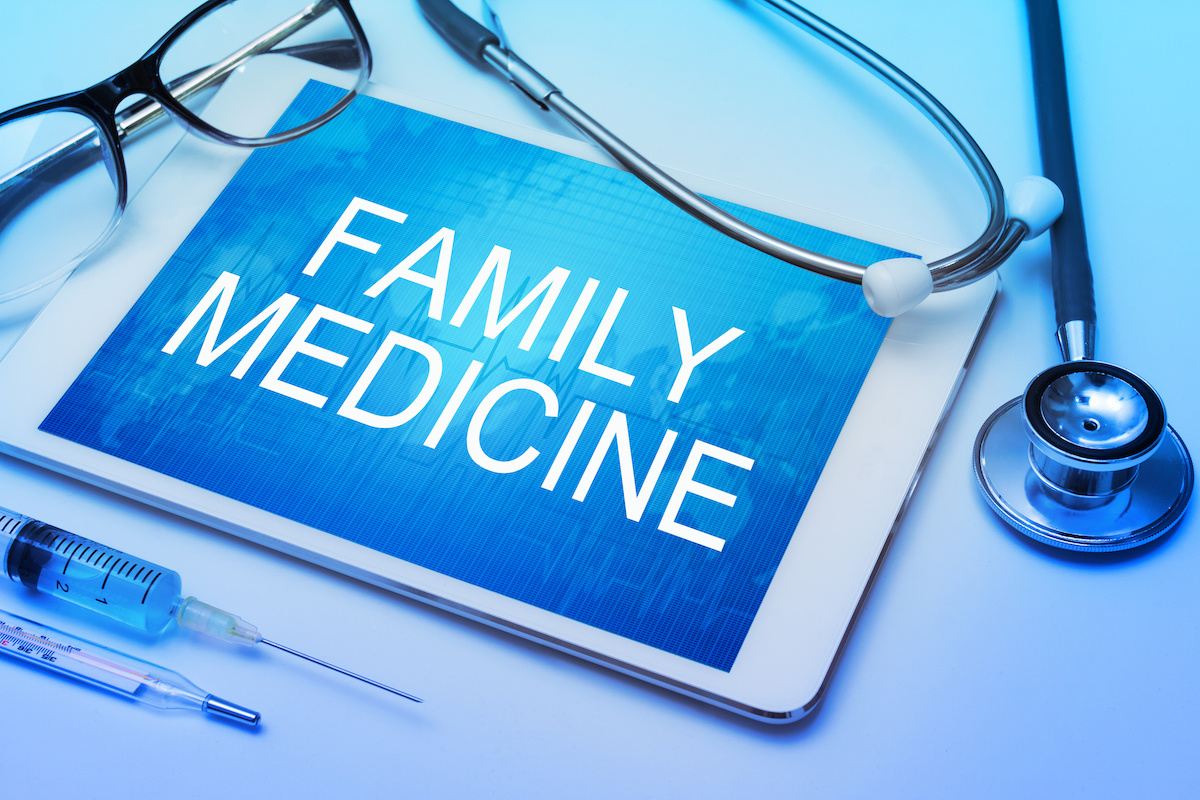 To achieve optimal health, you need exceptional primary medical care with a physician who takes the time to get to know you and who provides outstanding medical expertise. At Hillandale Primary Care, we are dedicated to providing you and your family with the best medical care available. Our commitment to your health and wellbeing includes listening carefully to understand your specific needs and following through with specific and general preventive measures and treatment approaches.
To achieve optimal health, you need exceptional primary medical care with a physician who takes the time to get to know you and who provides outstanding medical expertise. At Hillandale Primary Care, we are dedicated to providing you and your family with the best medical care available. Our commitment to your health and wellbeing includes listening carefully to understand your specific needs and following through with specific and general preventive measures and treatment approaches.
Our family medicine practice is located in Lawrenceville and Lithonia, GA. Family medicine involves providing comprehensive health care that integrates the biological, clinical and behavioral sciences. The scope of family medicine encompasses all ages, sexes, each organ system and every disease. Because your primary care doctor takes time to know your health history in depth, they are often the first to help you identify serious illness and point you in the direction of appropriate advanced care with medical specialists.
In addition to scheduling regular physicals, the doctors at Hillandale Primary Care also encourage our patients to feel comfortable in discussing their emotional, mental and spiritual concerns with us, as these factors can significantly impact your overall health.
Contact us today to schedule your appointment
Resources
Rodriguez, NR, “Introduction to Protein Summit 2.0: continued exploration of the impact of high-quality protein on optimal health.” The American Journal of Clinical Nutrition. (June 2015) 101: 6, 1317S–1319S.
Dominique, S M ten Haaf, Malou, AH., et al., “Effects of protein supplementation on lean body mass, muscle strength, and physical performance in non-frail community-dwelling older adults: a systematic review and meta-analysis.” The American Journal of Clinical Nutrition. (November 2018) 108:5.
Berryman, Clair E., Agarwal, S., Lieberman, HR., “Diets higher in animal and plant protein are associated with lower adiposity and do not impair kidney function in US adults.” The American Journal of Clinical Nutrition. (September 2016) 104:3, 743–749.
Healthline.com: “Is Too Much Protein Bad for Your Health?”
Virtanen, Heli K., Voutilainen, S. et al., “Dietary proteins and protein sources and risk of death: the Kuopio Ischaemic Heart Disease Risk Factor Study.” The American Journal of Clinical Nutrition. (May 2019) 109:5, 1462–1471

